China sets up battery JVs with S.Korea to bypass IRA
Their JV ownership ratios have not been finalized, as both sides await additional IRA guidelines on foreign entities of concern
By Aug 01, 2023 (Gmt+09:00)
LG Chem to sell water filter business to Glenwood PE for $692 million


KT&G eyes overseas M&A after rejecting activist fund's offer


Kyobo Life poised to buy Japan’s SBI Group-owned savings bank


StockX in merger talks with Naver’s online reseller Kream


Meritz backs half of ex-manager’s $210 mn hedge fund


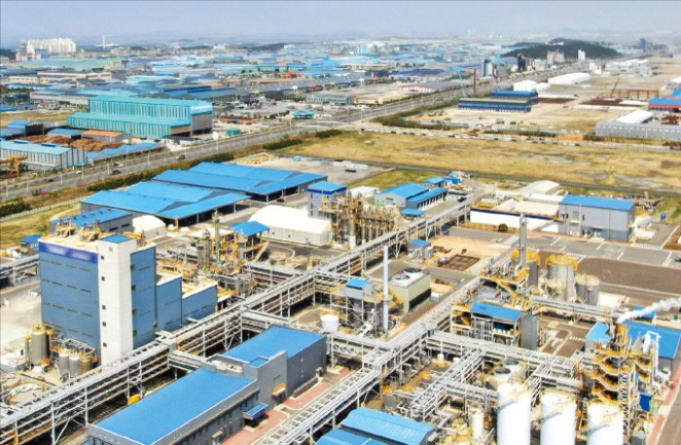
Chinese battery materials suppliers are rushing to expand their production bases in South Korea, mainly in partnership with domestic companies.
Such moves are seen as an effort to get around the US Inflation Reduction Act (IRA), which disqualifies electric vehicle batteries sourced from foreign entities of concern from tax credits.
Last week, Shanghai-listed cathode materials producer Ningbo Ronbay New Energy Technology won approval from the South Korean government to build a precursor manufacturing plant in the Saemangeum National Industrial Complex off the West Sea, according to a Bloomberg report on Monday.
It will spend more than 1 trillion won ($780 million) to establish the facility with an annual capacity of 80,000 tons and break ground on the plant within the year.
It is joining its Chinese peers to expand their footholds in the neighboring country, where it hopes to bump up supplies to Korean battery makers such as LG Energy Solution Ltd., Samsung SDI CO. and SK On Co.
“Made-in-Korea products meet the IRA requirements on EV battery critical minerals and will be eligible for tariff cuts when shipped to Europe and the US,” said a battery industry official in South Korea.
“There are more cases in which Chinese companies have proposed joint ventures.”
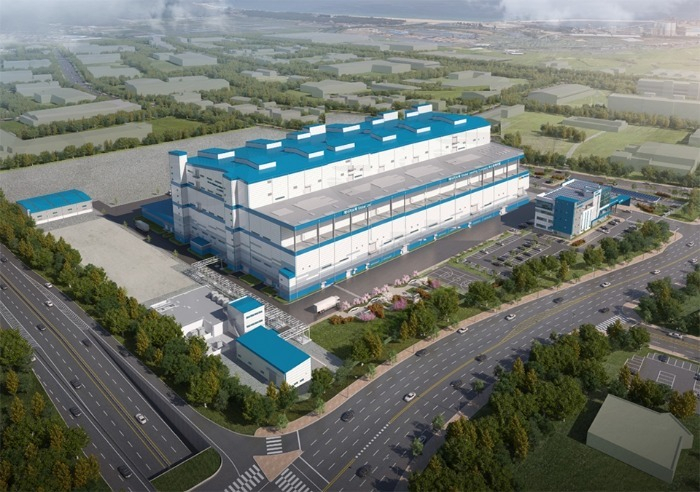
In March of this year, China’s GME Resources agreed to build a 50,000-ton precursor plant in Saemangeum, a reclaimed land area, for 1.2 trillion won in partnership with SK On and Korean battery materials supplier EcoPro Co.
A precursor accounts for about 60% of a cathode's raw material cost.
HUAYOU
Zhejiang Huayou Cobalt Co. is the Chinese company most aggressively expanding its manufacturing bases in Korea.
Last April, it agreed to launch a 1.2 trillion won JV with South Korea’s top chemicals company LG Chem Ltd to churn out precursors in Saemangeum, 200 km southwest of Seoul. The facility will have an annual capacity of 100,000 tons.
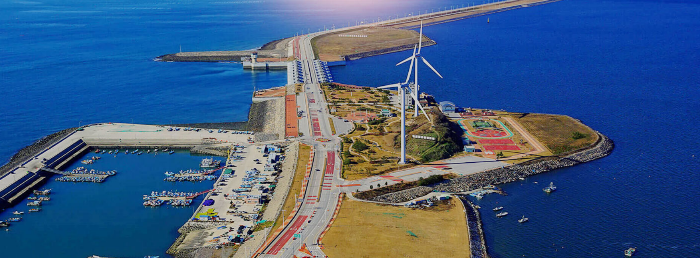
The following month, the Chinese company signed a preliminary agreement with POSCO Future M Co. to build a high-purity nickel material and precursor plant for 1.2 trillion won in Pohang on Korea’s southeast coast.
Both companies also teamed up to set up lithium refining and precursor manufacturing facilities in Pohang, home to POSCO Group and 260 km southeast of Seoul.
Additionally, Huayou has launched a battery recycling venture with POSCO Holdings Inc. in Gwangyang, 300 km south of Seoul.
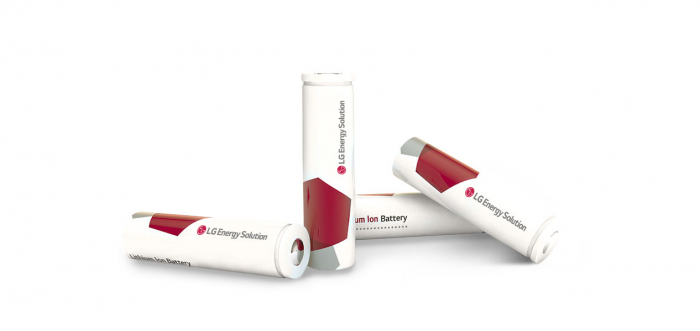
CNGR Advanced Material Co. is seeking to build its presence in South Korea as well. In June, it inked an agreement with the steel giant POSCO Group to jointly spend 1.5 trillion won to produce precursors and refine nickel refining in both Gwangyang and Pohang.
China-South Korea battery joint ventures have not yet finalized their ownership ratios, awaiting additional IRA guidelines about which Chinese companies would be designated as foreign entities of concern (FEOC). The guidelines could affect some JVs in which a Chinese company holds a certain percentage of a stake as a FEOC.
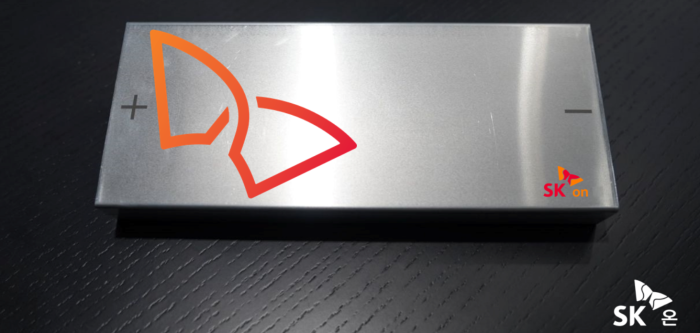
The Biden administration has noted China, Russia and Iran as FEOCs, but did not specify which companies of those countries would be regarded as the entities of concern.
However, domestic battery industry observers said the upcoming FEOC guidelines, expected to be announced in the near future, will have a limited impact on their JVs.
Korean-Chinese battery JVs may set their ownership ratios in a way to avoid the FEOC regulation.
Small-sized Chinese mineral processing companies for nickel and lithium, key materials for batteries, are building manufacturing facilities in Korea as well.
In September of last year, SungEel HiTech Co. set up a three-way JV with a Qingdao-based Chinese machinery maker and a Korean lithium hydroxide producer in Saemangeum.
Write to Jae-Fu Kim at hu@hankyung.com
Yeonhee Kim edited this article.
-
 BatteriesBattery recycling firms aim for 90% lithium recovery rates
BatteriesBattery recycling firms aim for 90% lithium recovery ratesJul 31, 2023 (Gmt+09:00)
4 Min read -
 BatteriesPOSCO sharply lifts 2030 battery materials sales targets
BatteriesPOSCO sharply lifts 2030 battery materials sales targetsJul 11, 2023 (Gmt+09:00)
4 Min read -
 BatteriesKorea-China battery minerals tie-up mutually beneficial: CNGR chief
BatteriesKorea-China battery minerals tie-up mutually beneficial: CNGR chiefJul 03, 2023 (Gmt+09:00)
3 Min read -
 BatteriesPOSCO, CNGR to build $1.2 bn battery materials plants in Korea
BatteriesPOSCO, CNGR to build $1.2 bn battery materials plants in KoreaJun 21, 2023 (Gmt+09:00)
2 Min read -
 BatteriesBattery materials firms revive Korean cities with new plants
BatteriesBattery materials firms revive Korean cities with new plantsJun 20, 2023 (Gmt+09:00)
4 Min read -

-
 BatteriesLG Chem, China’s Huayou Cobalt to build $923 million precursor plant
BatteriesLG Chem, China’s Huayou Cobalt to build $923 million precursor plantApr 14, 2023 (Gmt+09:00)
4 Min read -
 BatteriesSK On, EcoPro, China’s GEM to jointly build precursor factory
BatteriesSK On, EcoPro, China’s GEM to jointly build precursor factoryMar 23, 2023 (Gmt+09:00)
1 Min read


